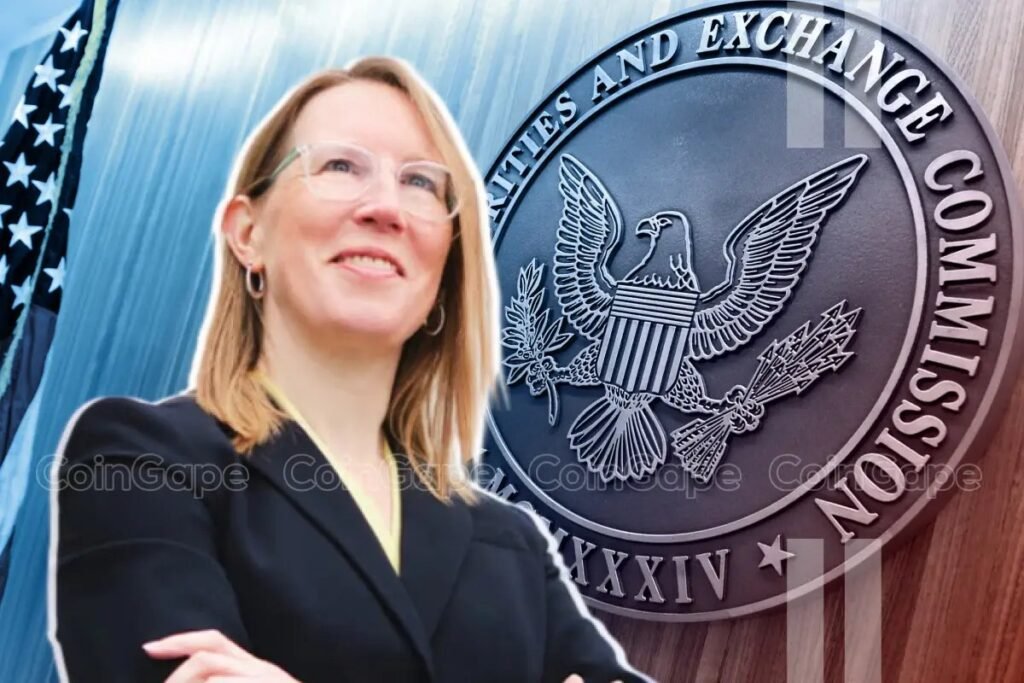SEC’s Support for Innovative DePIN and RWA Tokenization
In a significant move for the cryptocurrency landscape, US SEC Commissioner Hester Peirce has reaffirmed the commission’s commitment to fostering innovations, especially in decentralized physical infrastructure networks (DePIN) and real-world asset (RWA) tokenization. This announcement arrives at a crucial time as the SEC is seeking to tackle existing security concerns around token distribution, with a specific focus on recent developments involving DoubleZero.
Understanding DePIN and Its Importance
DePIN represents a revolutionary method for organizing human behavior and capital resources by harnessing the power of decentralized technologies. These projects empower participants to deliver real-world capabilities—like storage, telecommunications bandwidth, mapping, or energy—through open and distributed peer-to-peer networks. Commissioner Peirce emphasized that the commission’s recent no-action letter demonstrates a supportive framework for infrastructure providers to focus on what they do best: building and maintaining infrastructure without getting entangled in complex securities laws. This proactive stance aims to cultivate innovation rather than stifle it through regulatory hurdles.
DoubleZero and SEC’s Stance on Token Distribution
At the heart of Peirce’s message is the stance taken regarding DoubleZero’s token distributions. The SEC is keen on promoting DePIN projects such as DoubleZero while steering clear of hindering their progress through enforcement actions. According to Peirce, the tokens created for DePIN projects do not classify as securities. Instead, they serve as functional incentives, allocated for compensating work or services, distinguishing them from traditional investments typically governed by the Howey Test.
Innovation in Token Allocation
The SEC’s current posture undeniably benefits several top-tier DePIN tokens like Bittensor (TAO), RENDER, Filecoin (FIL), and The Graph (GRT). Each of these projects exemplifies the concept of utility tokens, which are designed to facilitate specific services or functions within a decentralized network, rather than merely providing an investment vehicle. This clarity is crucial for developers who want to innovate without the constant fear of falling afoul of regulatory scrutiny.
RWA Tokenization: A New Frontier
Parallel to developments around DePIN, Hester Peirce has discussed the SEC’s encouraging approach toward RWA tokenization. This nascent sector involves converting real-world assets into digital tokens, thereby enhancing liquidity and accessibility. The SEC Crypto Task Force is actively engaging with companies in this space, such as Wintermute, to devise a regulatory framework conducive to tokenized securities. The commission’s willingness to collaborate with innovators signifies an evolving landscape that recognizes the importance of blockchain technology for modern finance.
Encouragement for Innovators
Commissioner Peirce openly invited businesses interested in tokenization to engage in dialogue with the SEC, highlighting a cooperative rather than adversarial approach. Speaking virtually at the Digital Assets Summit in Singapore, she urged interested parties to bring their projects to the SEC for discussion. This invitation underscores a notable shift in regulatory philosophy, aiming to align existing regulations with evolving technological standards.
Conclusion: A Forward-Thinking Regulatory Environment
Overall, the SEC’s recent stance on both DePIN projects and RWA tokenization presents a promising narrative for the future of blockchain technology and cryptocurrency. By fostering an environment that supports innovative projects, the SEC is setting a strong precedent for accountability and growth. As the landscape continues to evolve, projects aligned with these fresh regulatory insights stand poised for success, benefiting not only developers but also consumers and investors in the broader cryptocurrency ecosystem. With a unified front from both innovators and regulators, the way forward is brighter than ever.


